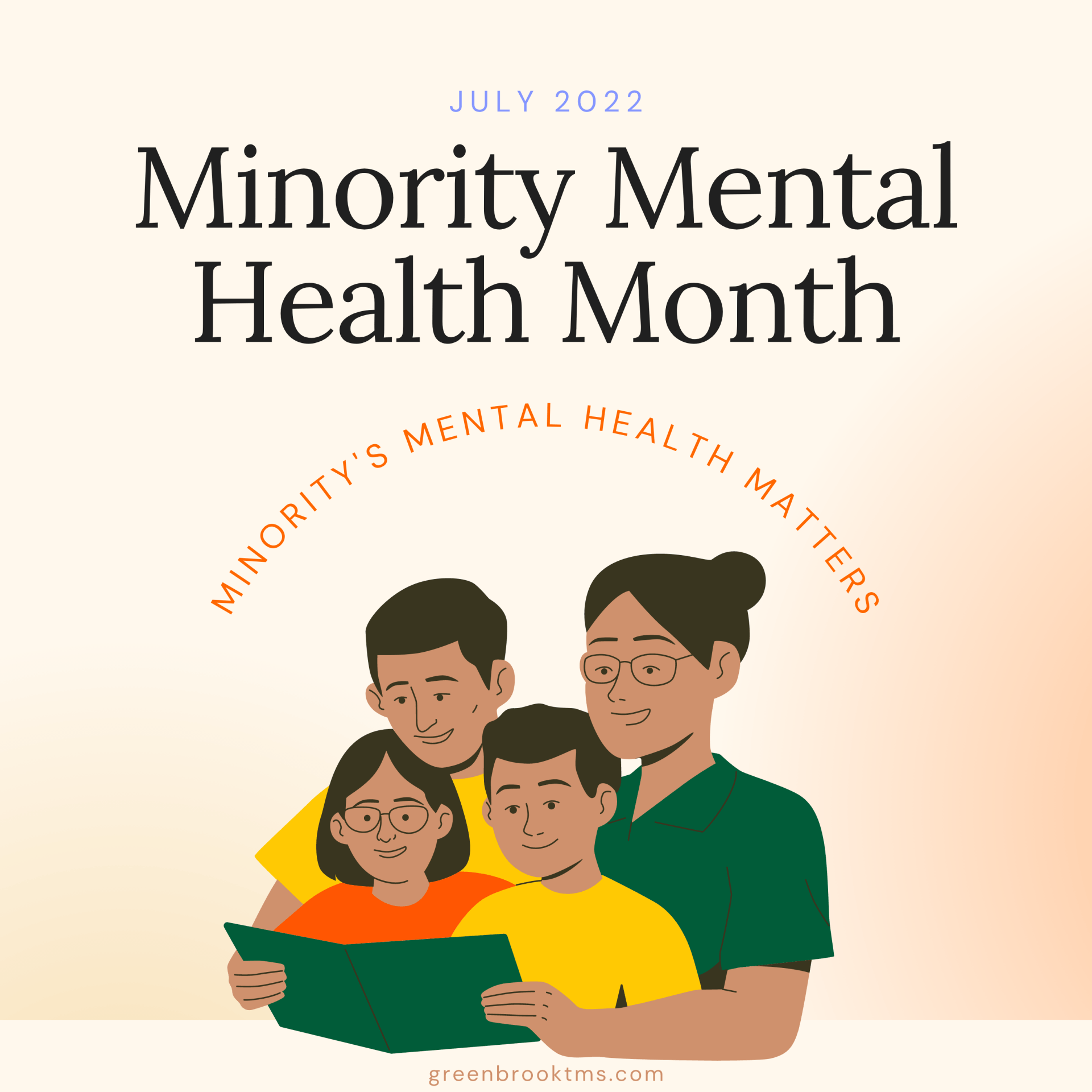April 22, 2022
Anxiety and Depression: Understanding the Overlap When you are dealing with troubling symptoms such as decreased energy, difficulty sleeping, nausea, and agitation, you might feel frustrated and concerned. This is especially true if you seem to be physically healthy otherwise. You probably know that the symptoms you’re dealing with can point to mental health conditions, particularly depression and anxiety. In turn, you may be wondering if it is possible to have both at the same time and, if that’s so, how to seek relief. Understanding where and how depression and anxiety overlap is an essential step toward seeking treatment for your symptoms. How do Anxiety and Depression Overlap? First, note that people can have both anxiety and depression at the same time. The Anxiety & Depression Association of America estimates that nearly half of all people dealing with anxiety also have depression and vice versa. Anxiety can be a symptom of depression , and anxiety disorders like GAD and OCD can trigger depression. Clearly, these two conditions are inextricably linked. Both depression and anxiety have their own set of symptoms, as set out by the DSM-5. You’ll notice that both conditions list difficulty concentrating, problems sleeping, and fatigue as defining symptoms. What are the Symptoms of Depression? From celebrities to athletes to members of the royal family, depression can affect anyone. Some experts estimate that over 260 million people around the world live with depression. Symptoms of this condition can include: Persistent feelings of sadness, hopelessness, or apathy A loss of interest in previously pleasurable activities Difficulty concentrating Changes in sleep patterns—sleeping more or less than usual, for example Eating less or more than usual Lack of energy (fatigue) Depression can be unpleasant, painful, and frustrating—especially if you also have anxiety. What are the Symptoms of Anxiety? When your heart races in certain situations or you feel nauseated for days at a time, you might think it’s normal. Especially if you have experienced symptoms like this all your life. It may not occur to you that this excessive worry is a symptom of anxiety, a highly common mental health condition that can also cause : Feelings of panic, danger, and doom Shortness of breath Hyperventilation Dizziness Problems sleeping Dry mouth The sensation of having a knot in your throat Problems concentrating Fatigue Obsessively avoiding objects or places that you find fearful These are just a few of the ways anxiety can manifest. Overlap Between Anxiety and Depression Symptoms As with depression, the causes of anxiety are complex. And while the causes are not fully understood, experts believe that traumatic life events and high-stress levels are some of the contributing factors. Further, researchers have found that generalized anxiety disorder and major depressive disorder have a level of shared genetic risk . The silver lining is that both anxiety and depression can be treated similarly. Can You Treat Anxiety and Depression at the Same Time? Yes. If you feel that any of the depression or anxiety symptoms sound all too familiar, know that treatment is available for both conditions. In some cases, you may be able to undergo therapy that reaches beyond traditional antidepressants. Reach out to your doctor to find out what you can do to treat your symptoms, whether that’s antidepressant medication, talk therapy, or TMS therapy. TMS therapy is an FDA-cleared treatment for OCD and depression that uses gentle magnetic pulses to stimulate targeted areas of the brain. In August of 2021, TMS was FDA cleared to treat anxious depression, too, which means that if you suffer from anxious depression, TMS can treat symptoms of both anxiety and depression simultaneously. Learn how TMS works and schedule your free consultation today. Or, enter your zip code in our center locator to find a TMS center near you .






